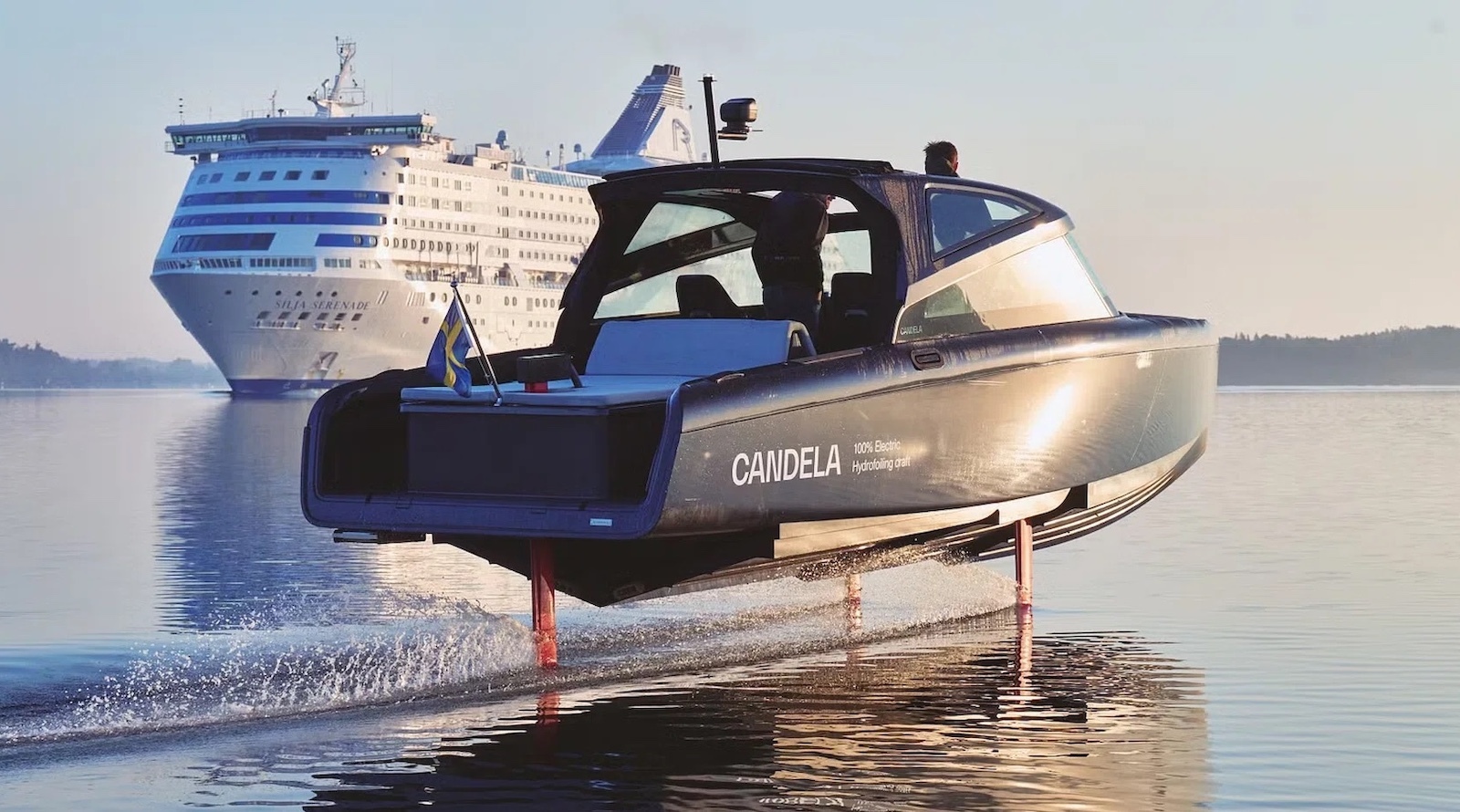- cross-posted to:
- energie
- cross-posted to:
- energie
While the much lower fuel cost has to be a bit of a shocker (we all know EVs are more efficient and cheaper to operate, but not 95% cheaper), the bigger surprise has to be how much more convenient the electric boat was in a certain key way. “We actually had range anxiety, but not for the Candela. The irony is that the photographer’s gasoline-powered chase boat had to refuel six times during the trip, while we only charged three times,” said Gustav Hasselskog.



213kWh feels like quite a lot of juice. Admittedly, I usually don’t go at planing speeds.
I have an 80Ah lead-acid battery to power the electric trolling motor on my inflatable dinghy. That’s 80A*12V = 0.96kWh. That gives me 5-10Nm range depending on speed. My dinghy would sink with 213kWh on board.
My 7 tonne sailboat uses ~2l/h of diesel at twice the speed. 213kWh of lead-acid would double the weight.
I’ve dealt with storing energy from solar for a long time now, and from the deepest part of my heart: fuck lead acid batteries. The only thing they have going for them is being able to charge below freezing. But they’re shit in every other way, especially weight.
They have one other advantage: unit price. But Lithium is rapidly catching up, and is already better if you calculate price per lifetime charge cycle.
Recyclability, too
deleted by creator
This says it uses the battery from a polestar. So it’s not lead acid but lithium. And 79kWh.
Replace the keel with lead acid batteries
That’s actually kind of genius. It’s even made of lead!
Just don’t run a shore on anything